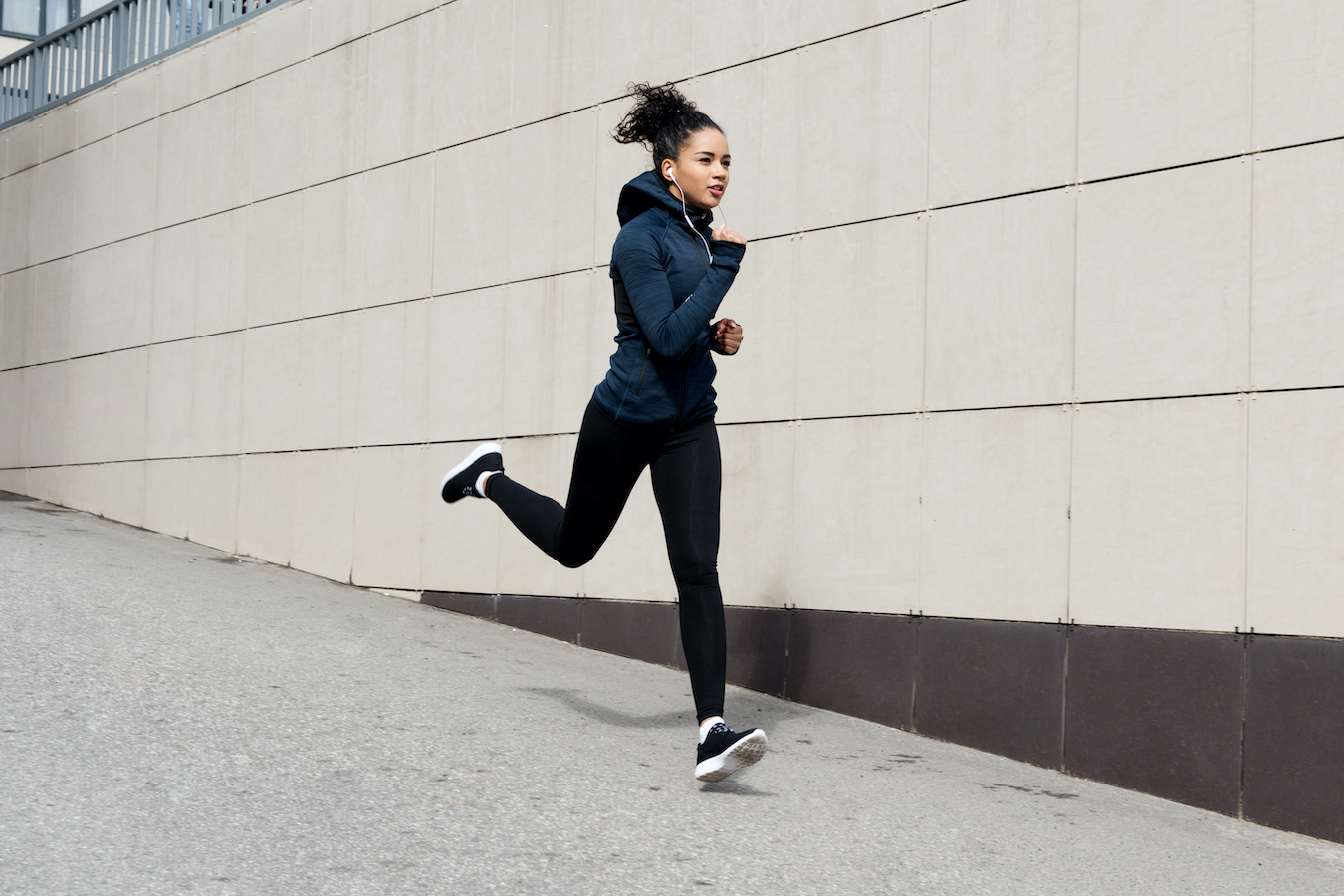Life Style: Do’s and don’ts of exercising in Ramadan

LONDON: When it comes to exercising during Ramadan, there is no optimal way to train and no “one size fits all” approach. Every body reacts differently to fasting, so pay attention to your own. Staying in tune is vital for a healthy, happy Ramadan.
Online coach and personal trainer Daniel Wells has outlined some do’s and don’ts for your exercise regime during the holy month.
Do limit high intensity cardiovascular exercise to 2-3 times a week maximum if you want to keep muscle mass during Ramadan. He also recommends doing lighter workouts during the day, such as going for a walk, and leaving any high intensity workouts for after you’ve broken your fast.
Don’t be concerned about muscle atrophy, you do not have to lose a lot of muscle mass. If you keep training as consistent as possible, eat high protein and have a high-quality diet, you will not lose a lot of muscle mass, but you will likely lose some. That’s just something you have to accept.
Do take walks outside. When we go for a walk, our hearts pump more blood and oxygen to our organs, including the brain. Walking does not need much conscious effort, so it is possible to do while fasting.

Don’t push yourself too hard and leave trying to gain muscle behind, because when fasting it is close to impossible to see muscle growth.
Do focus on maintaining muscle and overall health with a regular exercise regime so that once Ramadan has ended, you may return to strength training sessions feeling fit and ready.
Don’t ignore warning signs. If you start to feel dizzy or lightheaded during a workout then sit down, rest and recover before attempting to carry on. If dizziness or lightheadedness persists it is advisable to take a rest day, hydrate fully and try again the next day.

Do heavy weight training sessions in the morning before Suhoor so you can refuel correctly after the workout. The trainer only advises heavy weight training sessions if you are already doing them regularly pre-Ramadan, as the sudden stress on the body if it is new to resistance training will likely leave you feeling exhausted.
Don’t forget to be kind to yourself. Remember that your body will adjust after a few days. Fasting becomes easier as time progresses. The first couple of days are always the most difficult, with low energy and increased appetite, but it quickly becomes your new normal and your body adjusts to its new schedule. It’s critical to maintain a sense of perspective, Ramadan isn’t a diet, and while remaining healthy is crucial, it’s not the time to set personal records or get in the greatest shape of your life.
Do yoga and/or pilates. Low-impact sessions such as yoga or pilates and mobility routines are ideal for Ramadan because they balance your mind and body in ways that your regular workouts will not.
DON’T forget to enjoy Ramadan.

Noting that the news was copied from another site and all rights reserved to the original source.




